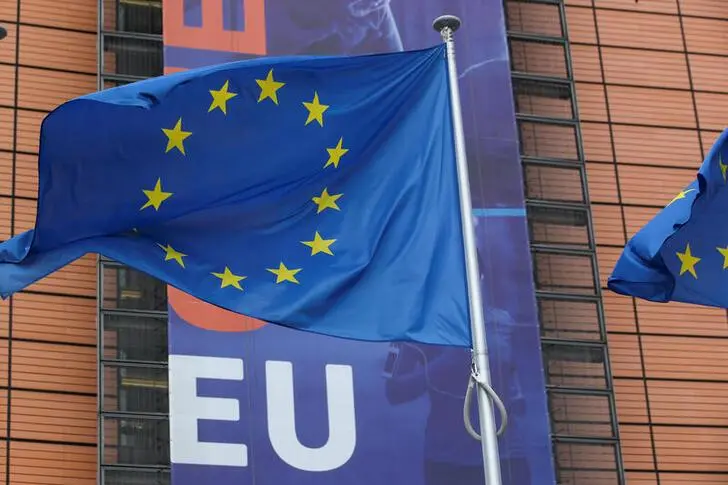PHOTO
BRUSSELS/TOKYO - The European Union has said it will be "very difficult" for countries to agree on a new global treaty to tackle plastic pollution by the end of this year as planned.
It is the clearest sign yet that the talks, which began in 2022 and have been beset by division over whether the treaty should limit plastic production, may fail to reach a resolution by the final meeting in Busan, South Korea in late November.
Around 60 countries, including EU members, have demanded production caps in the treaty but some countries including Saudi Arabia and China, which are big manufacturers of the petrochemicals that make plastics, have opposed such measures.
"At the current pace... it will be very difficult to close the negotiations at the INC5 in November," Virginijus Sinkevicius, the head of the European Commission's environment department told EU environment ministers at a meeting this week.
INC5 (Intergovernmental Negotiating Committee 5) is the last of five scheduled rounds of negotiations announced after the United Nations approved a landmark agreement to create the treaty in March 2022.
The UN hailed the agreement to begin negotiations as the most significant environmental deal since the 2015 Paris climate accord, seeking to tackle a source of pollution that extends from ocean trenches to mountain tops and poses risks to wildlife and human health.
If countries can't reach a deal in Busan, they would need to agree to extend the talks into next year and beyond.
But a Japanese official involved in the talks told Reuters that some nations were eager to try and reach a basic, high-level treaty in Busan that could be strengthened via future amendments and protocols.
This is partly out of concern at the prospect of Donald Trump returning to the White House next year seeking to roll back climate policies. That could sap global enthusiasm for future treaty negotiations, said the official, who declined to be named.
Graham Forbes, the head of delegation for environmental pressure group Greenpeace in the talks, said extending negotiations was better than agreeing to a weak deal.
"We need a framework that starts to set us on a trajectory towards a much more sustainable relationship to petrochemicals and plastics," he said.
"Trump or no Trump, we need an agreement that covers the full lifecycle (of plastics)."
(Reporting by Kate Abnett in Brussels and John Geddie in Tokyo; Editing by Lincoln Feast.)





















